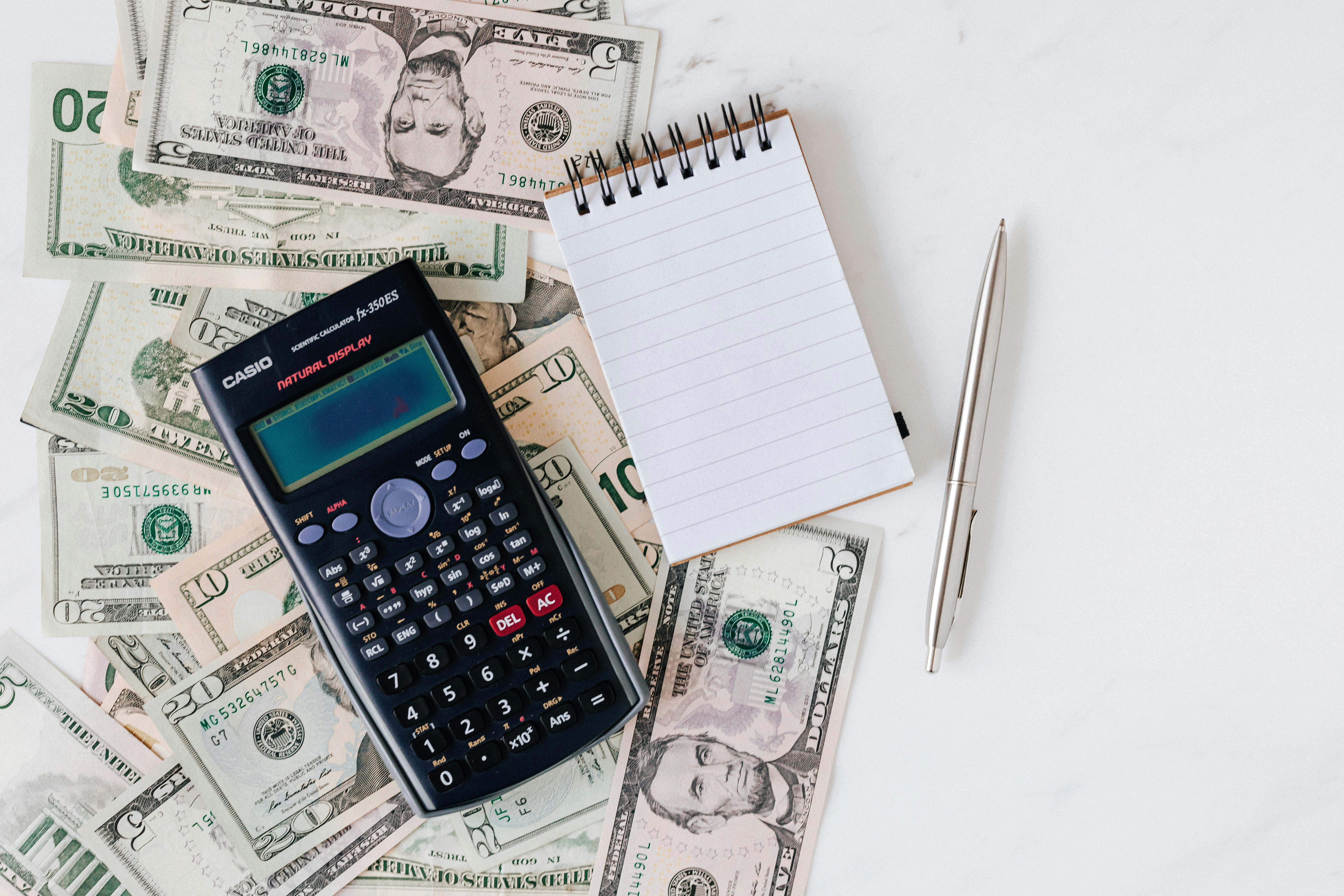Financial Freedom: What It Really Means and How to Achieve It (Without Extremes)
Let’s be clear: financial freedom is not about being rich. It’s about options. It means you get to choose how to spend your time — not just your money. No more living paycheck to paycheck, no panic over surprise bills, and no staying at a job you hate just to cover the utilities.
Sounds good, right? The path to it might be simpler than you think. It’s not about extreme frugality or crypto speculation — but about smart planning, a bit of patience, and a few habits that add up to major change over time.
What Does Financial Freedom Really Mean?
Forget what social media tells you. Financial freedom isn’t Lamborghinis and passive income from a sketchy online course. It’s when you can cover all your expenses with minimal stress — ideally from income that doesn’t require constant effort.
In practice, it might look like this:
- Paying all your bills on time — and still having some left over
- Having 3–6 months’ worth of savings for the unexpected
- Working because you want to, not because you have to
- The confidence to take a break, change careers, or start something new
The Freedom Ladder
Think of financial freedom as a ladder. Each rung brings you closer to independence. Here’s a visual representation:
| Rung | Level of Freedom | Description |
|---|---|---|
| 1 | Basic Stability | All essential bills covered monthly |
| 2 | Emergency Buffer | 3–6 months of savings for surprises |
| 3 | Debt-Free (Mostly) | High-interest debt paid off |
| 4 | Investing Consistently | Regularly contributing to retirement or brokerage accounts |
| 5 | Work Optional | Your investments or passive income cover your living expenses |
5 Habits That Will Get You There (Slowly But Surely)
- Track Your Spending (Without Judgment)
You can’t improve what you don’t measure. Use an app or a notebook to track where your money goes for a month — the results are often eye-opening. - Automate Your Savings
Set up an automatic transfer to your savings account right after payday. If you wait until “the end of the month,” chances are nothing will be left. - Pay Off High-Interest Debt First
Credit cards with 22% interest are financial quicksand. Pay those off before you get serious about investing. - Invest Early and Regularly
Even $50 a month into a low-fee index fund adds up over time. Start small and be consistent. Time in the market beats timing the market. - Increase Your Income (Yes, You Can)
Skipping lattes won’t change your life, but an extra $200–$500 a month might. Consider freelancing, a side hustle, or monetizing your skills.
Quick Wins in 30 Minutes or Less
- Cancel unused subscriptions
- Open a high-yield savings account
- Call your internet or phone provider and ask for a discount
- Set up auto-pay on your credit cards to avoid late fees
- Install a cashback extension (like Rakuten or Honey)
How to Stay Motivated When Progress Feels Slow
Let’s be honest — the journey to financial freedom isn’t always exciting. It takes time. Some months, it feels like nothing is happening. But tracking progress with “$5000 Milestones” helps.
Every time your net worth increases by $5000 — through saving, investing, or paying off debt — mark it. Celebrate it. Even if it’s just a quiet moment of acknowledgment. That momentum matters.
Helpful Tools in 2025
- YNAB (You Need A Budget): Great for those who want clarity and control
- Chime: Excellent for auto-saving and early access to paychecks
- Empower: Handy for tracking net worth and investment performance
- Rocket Money: Helps cancel subscriptions and track bills
Final Thought: It Doesn’t Have to Be All or Nothing
Don’t wait until you’re debt-free or earning six figures to build freedom. Every small action — saving $50, learning about Roth IRAs, resisting one more “buy now, pay later” ad — moves you forward.
Allow yourself to go at your own pace. You’re not behind. You’re on your way.

Financial freedom isn’t a destination. It’s a way of living. And you’re already on the path.
